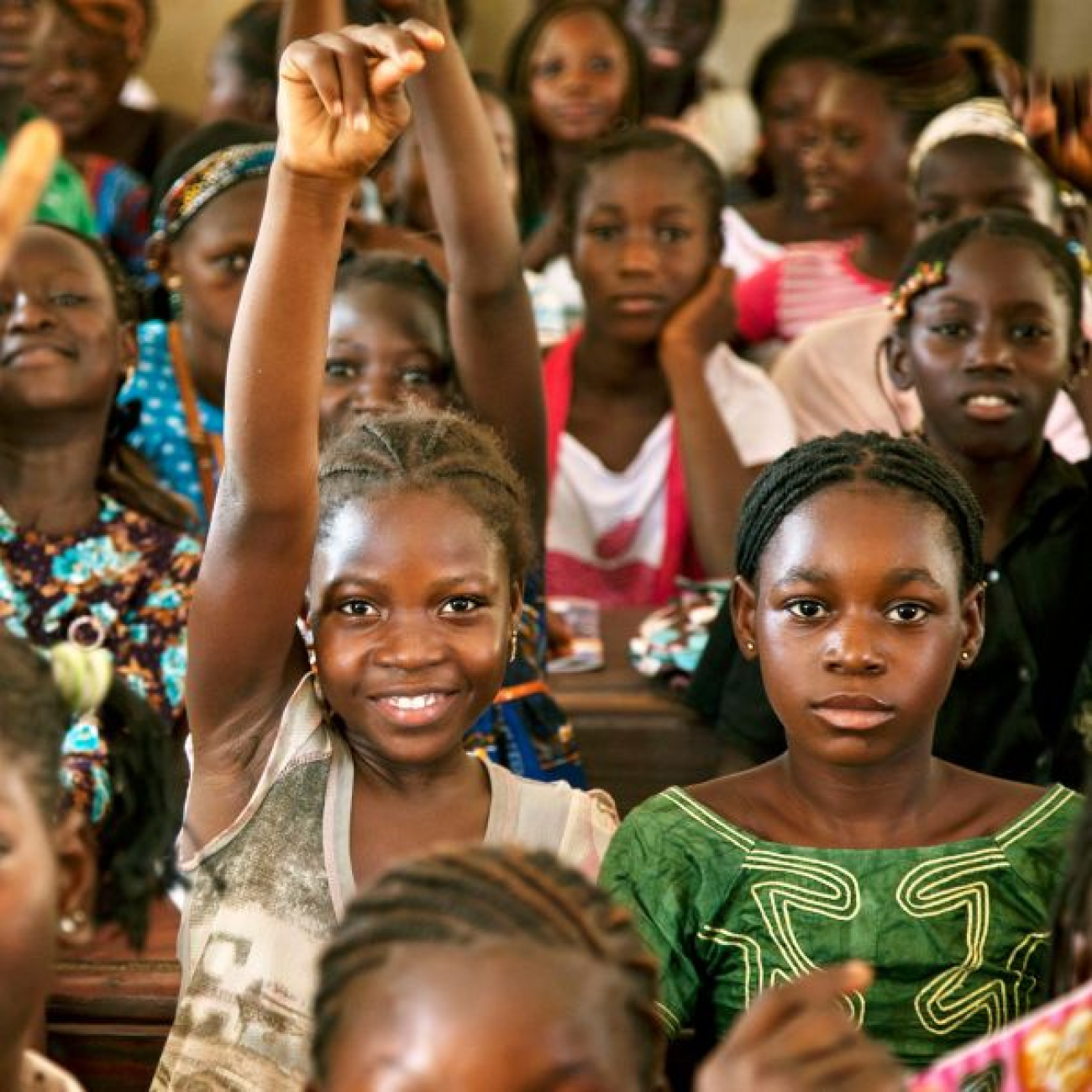UN experts commend Saint Kitts and Nevis education record, query corporal punishment and gang violence

Experts of the Committee on the Rights of the Child have concluded their review of Saint Kitts and Nevis' implementation of children's rights.
The Committee on the Rights of the Child today concluded its review of the second periodic report of Saint Kitts and Nevis, with Committee Experts commending the State on its exemplary record for compulsory and free education, while raising questions on the prevalence of corporal punishment and youth gang violence.
Faith Marshall Harris, Committee Expert and Country Taskforce Coordinator, said Saint Kitts and Nevis should be commended for its excellent record for education which was exemplary and well-known in the region, due to the compulsory and free education.
Rinchen Chophel, Committee Vice Chair and Taskforce Member, said it was understood that corporal punishment was still lawful in the home and other settings. What were plans to prohibit corporal punishment in law and in all settings? How were positive methods of discipline being promoted? Ms. Marshall Harris asked if there had there been any developments on banning corporal punishment in schools?
Ms. Marshall Harris also said the State should also be given kudos due to the Gang Prohibition Act initiated in 2017. The State had been more progressive than most in getting this legislation to parliament. However, the provisions seemed to be wide; could this be clarified? Had this legislation worked? Had it decreased the prevalence of gangs? Mr. Chophel said the high prevalence of homicide among children relating to youth gang violence was a concern. What measures were being adopted to prevent such incidents?
The delegation said the law regarding corporal punishment was still in draft form. Social norms around discipline and punishment needed to be addressed. The Government had been engaging with the United Nations Children’s Fund and United Nations Women around behaviour change specialists to create the literature, training and public awareness campaigns in this regard. In prisons and institutions, corporal punishment had already been abolished; in children’s homes and schools, it had an adapted process; in homes, it remained a practice within. Conversations were being held with the religious community to ensure a holistic view. The country welcomed the sharing of any best practices for the abolishment of corporal punishment in the home.
The delegation said a 90-day campaign had been launched in Saint Kitts and Nevis to address youth violence, which included community engagement events. A national action plan would be drafted and presented to the public for full implementation in 2025. The Peace Programme was a direct initiative to address gang-related matters of recruitment, reform, and rehabilitation. A key aim was to restrict gang recruitment. The State was on the lookout for these groups and was looking at ways to provide alternative measures for teamwork and identification to these children.
Azilla Clarke, Permanent Secretary, Ministry of Social Development and Gender Affairs of Saint Kitts and Nevis and head of the delegation, presenting the report, said the tagline for the National Social Protection Strategy for the Federation was “making Saint Kitts and Nevis the best place to grow up and to grow old in”, which remained a fundamental vision for the Government. Ms. Clarke said the delegation looked forward to learning from the experiences of the Committee members while continuing to care, protect, and provide for children across Saint Kitts and Nevis.
In closing remarks, Ms. Marshall Harris thanked the delegation for an enlightening and encouraging dialogue. The State had promised to continue the review of child justice which was urgently needed, to continue the good work in education and review the curriculum, to continue and intensify efforts to eradicate poverty, and to continue with considerable efforts to counter gang activity. It was hoped these promises would be kept.
In her closing remarks, Ms. Clarke thanked all Committee members for their engagement and questions, which underpinned their commitment to protecting children, sharing best practices, and recognising progress made by Saint Kitts and Nevis. The State would endeavour to deliver on the promises made, with all activities being carried out in the best interests of the child.
The delegation of Saint Kitts and Nevis was comprised of representatives from the Ministry of Social Development and Gender Affairs; the Ministry of Foreign Affairs; the Ministry of Social Development; the Ministry of Health, Gender Affairs and Social Empowerment; the Ministry of Education; the Ministry of Health; the Ministry of Justice and Legal Affairs; the Probation and Child Welfare Board; and the Permanent Mission of Saint Kitts and Nevis to the United Nations Office at Geneva.
Summaries of the public meetings of the Committee can be found here, while webcasts of the public meetings can be found hereOpens in new window. The programme of work of the Committee’s ninety-eighth session and other documents related to the session can be found hereOpens in new window.
The Committee will next meet in public at 3. pm on Monday, 20 January, to begin its consideration of the combined sixth and seventh periodic report of Peru (CRC/C/PER/6-7).
............................................................
Get the full meeting summary and transcript at the website of the United Nations Office at Geneva.



